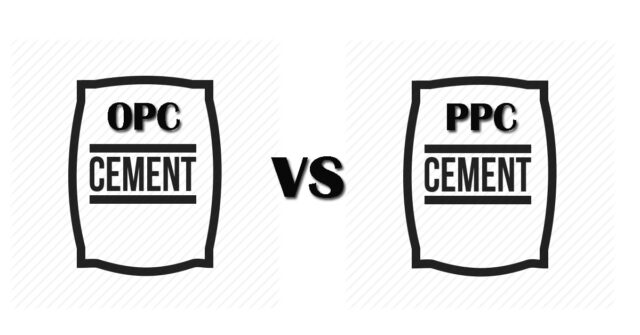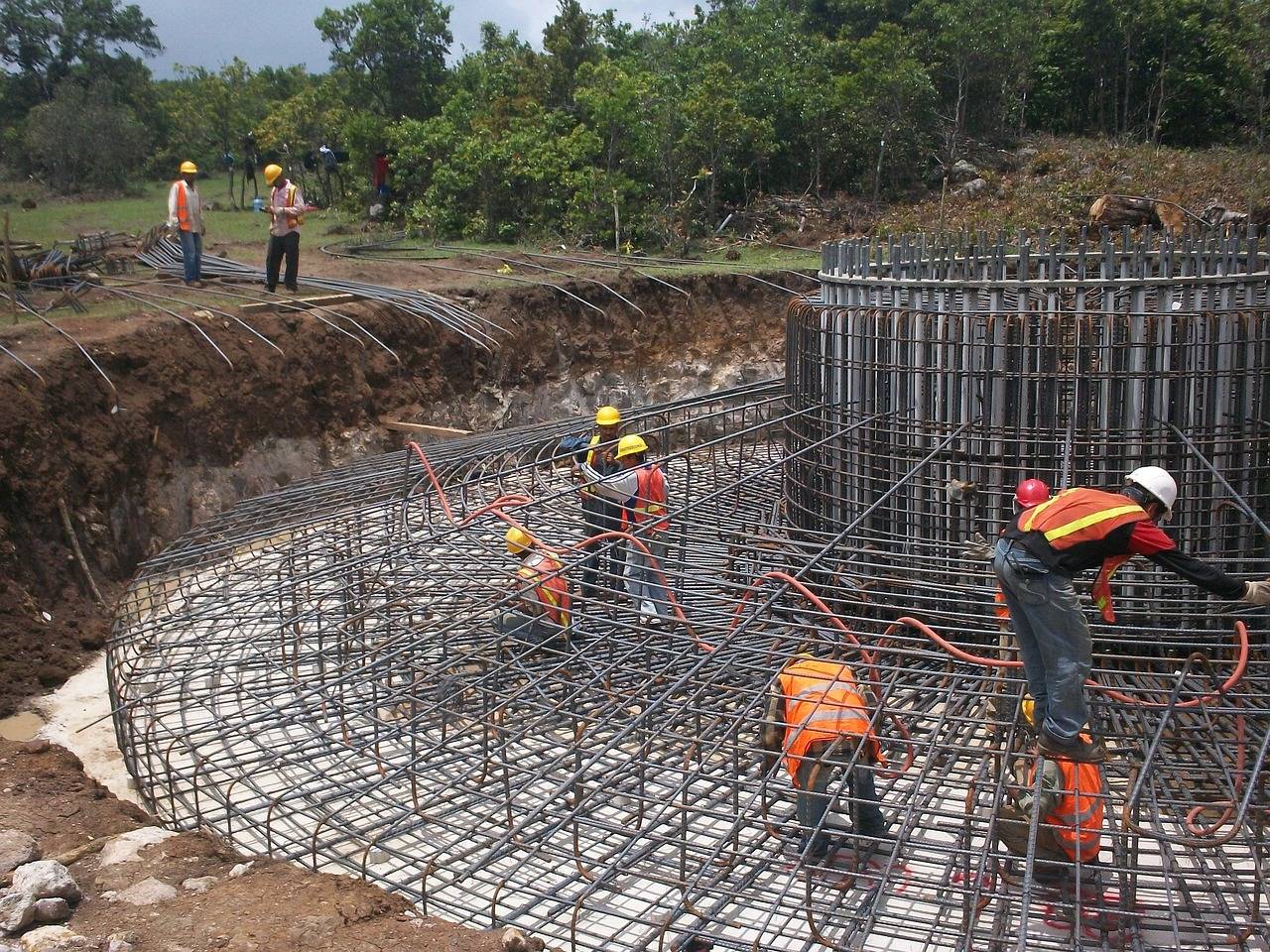What is meant by Ready Mix Concrete (RMC)?
Concrete that is delivered from a central plant located offsite in batches rather than being mixed on the construction site is referred to as ready mix concrete (RMC).
What is the difference between Ready Mix Concrete and Normal Concrete?
The main difference between ready mix concrete and normal concrete is the location in which it is mixed. Ready mixed concrete is mixed offsite in a batching plant and then get delivered to the site in a barrel truck or in–transit mixers whereas normal concrete is mixed onsite with the primitive equipment’s and use of large labor force.
What is RMC full form?
RMC stands for Ready Mix Concrete. As the name indicates, ready mixed concrete (RMC) is concrete that is delivered to the site in barrel truck or in–transit mixers in a ready-to-use manner.
Types of Ready Mixed Concrete
There are three types of Ready Mixed Concrete (RMC) based on the mix of different ingredients as given below:
- Transit mixed concrete
- Shrink mixed concrete
- Central mixed concrete
1. Transit mixed concrete:
In transit mix concrete, all of the raw materials like cement, fine aggregate, coarse aggregate, admixture and water are loaded directly into the truck and mixed. No batching plant mixer is involved.
2. Shrink mixed concrete:
Shrink mix concrete is partially mixed in a central mixer or a batching plant and then charged into a truck mixer, where the mixing is completed.
3. Central mixed concrete:
It is also called as Central Batching Plant where concrete is mixed thoroughly before loading in truck mixer. The main advantages of central mixing truck mixers include faster batching and less wear of the drum. However, a central mix plant can be more expensive to purchase and maintain than a transit mix plant.
What are the advantages of Ready-Mix Concrete?
Following are the advantages of Ready-Mix Concrete:
- Concrete is produced under controlled conditions hence quality concrete is obtained.
- Speed in the construction practices.
- Reduce the consumption of cement by 10 – 12%.
- Low consumption of cement indirectly reduces environmental pollution.
- More durable structure.
What are the disadvantages of Ready-Mix Concrete?
Following are the disadvantages of Ready-Mix Concrete:
- Concrete may set up as a result of traffic during the transit of concrete.
- A steady supply is needed for large forms.
- If there is a supply interruption, the concrete may not be poured all at once, causing a cold joint to appear in finished form.




Since I don't know much about building projects and my uncle is working on one for their home, I decided to conduct some studies to assist him. I'm delighted I found your site, where you talked about how ready-mix concrete creates a lot more durable structure because it's made under regulated circumstances and the quality is consistent. This sounds like an excellent quality concrete for building to have. I'll make sure to pass this along to my uncle for his project because I think it will be really helpful for him. I appreciate you sharing!